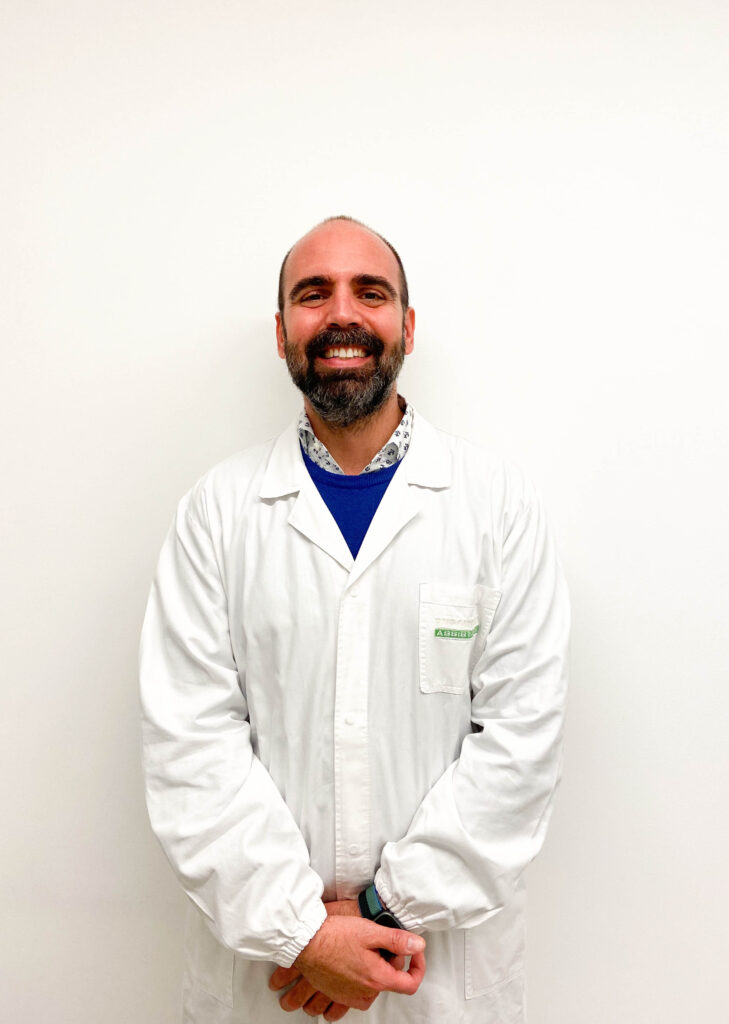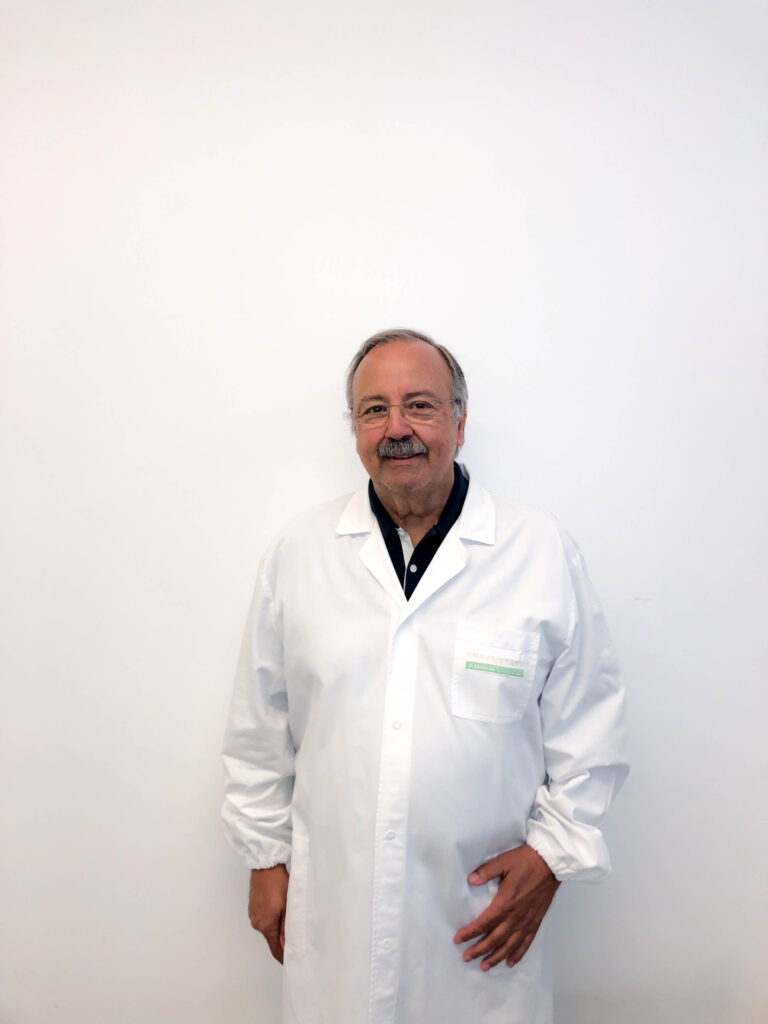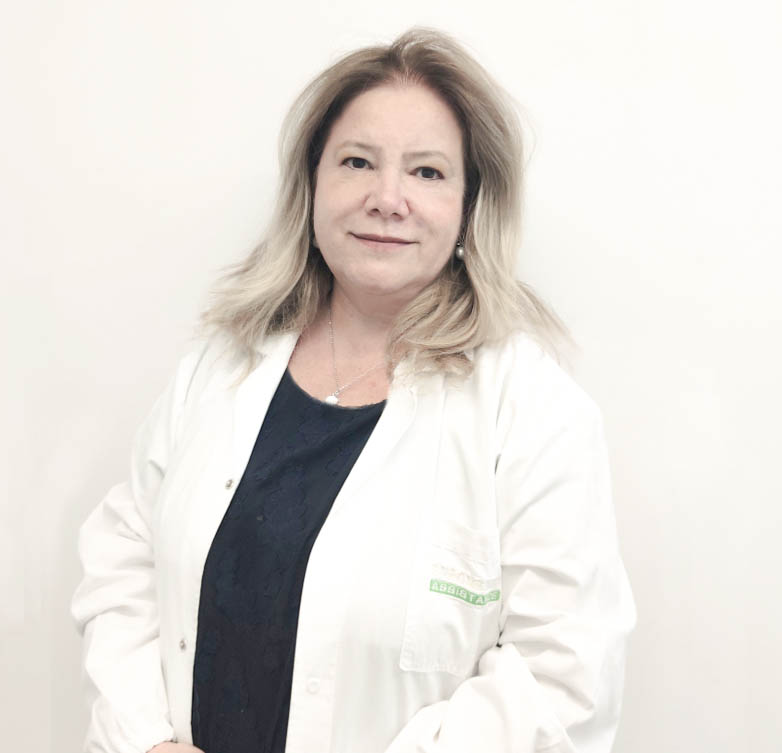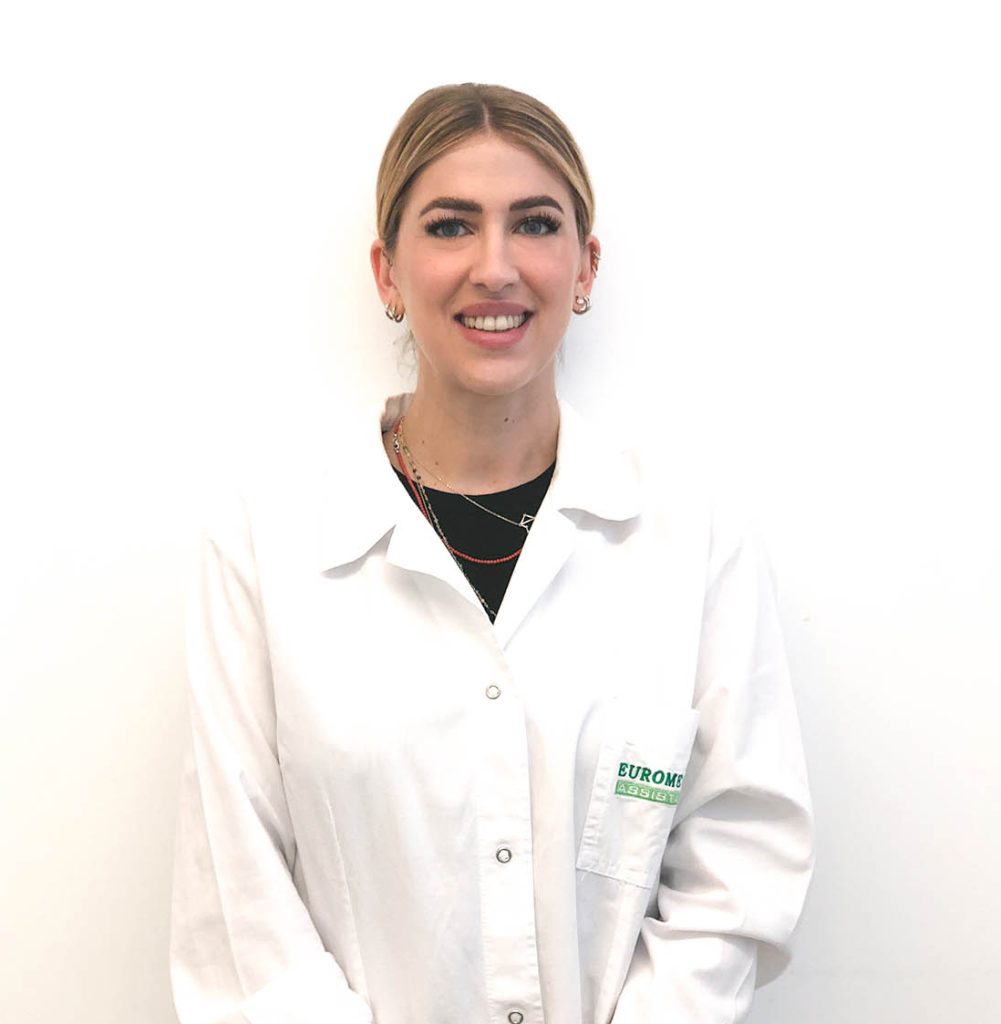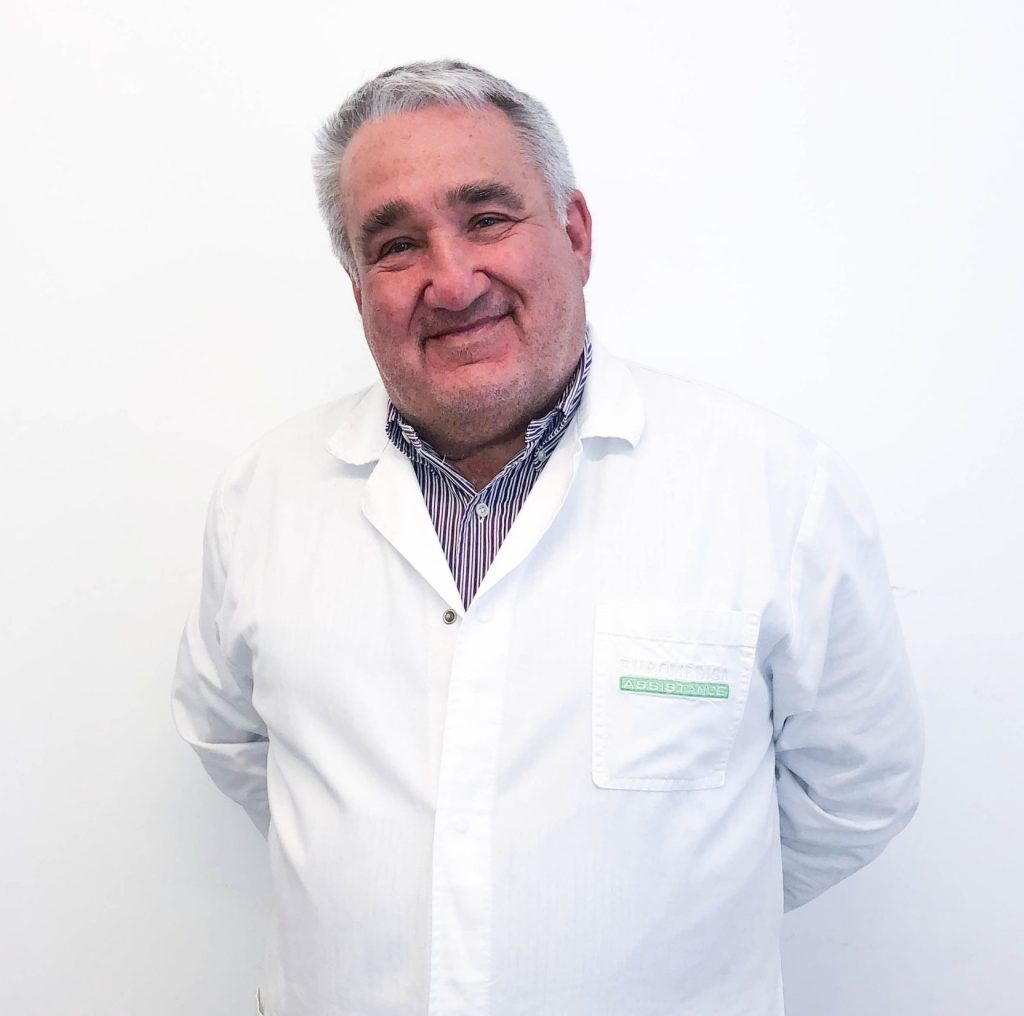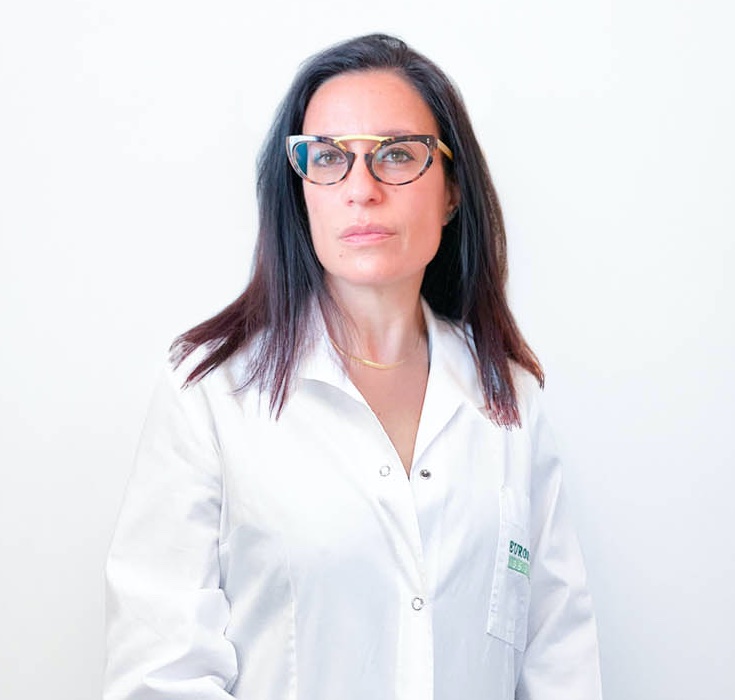Ultrasound, which commonly falls under diagnostic imaging, is a diagnostic examination in which the transmission of ultrasound beams striking tissue allows the creation of an image. This is why ultrasound is also known as ultrasonography.
Therefore, it is a non-invasive examination in that no radiation is used to perform ultrasound scans. This is the main reason why it is favored as the first-level examination to which patients for whom some pathology is suspected are submitted, but more importantly it is the reason why ultrasound scans are the primary diagnostic tool in pregnancy and pediatric age.
Ultrasound also has several advantages: it can be performed repeatedly because it is noninvasive and causes no side effects; it is an examination that can be performed quickly with immediate findings; and it is very inexpensive compared with other diagnostic imaging examinations.
Ultrasound of the complete abdomen requires special preparation on the part of the patient, which consists of:
1) Taking 2 tablets a day of charcoal during the 3 days before the ultrasound of the full abdomen (one tablet in the morning and one in the evening; intake should be on an empty stomach and away from meals),
2) Fasting 6 hours before the ultrasound,
3) Having a full bladder for at least 2 hours.

